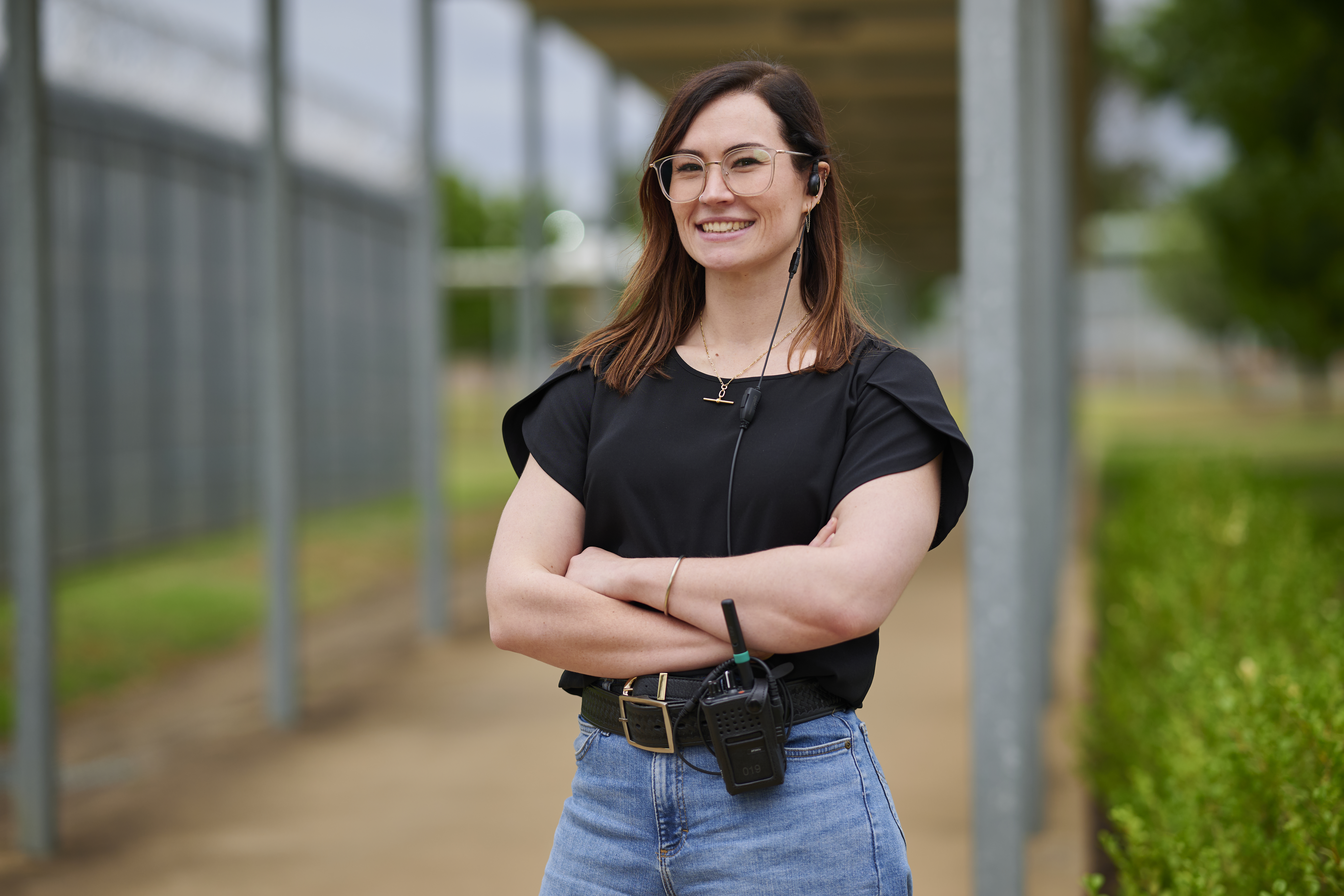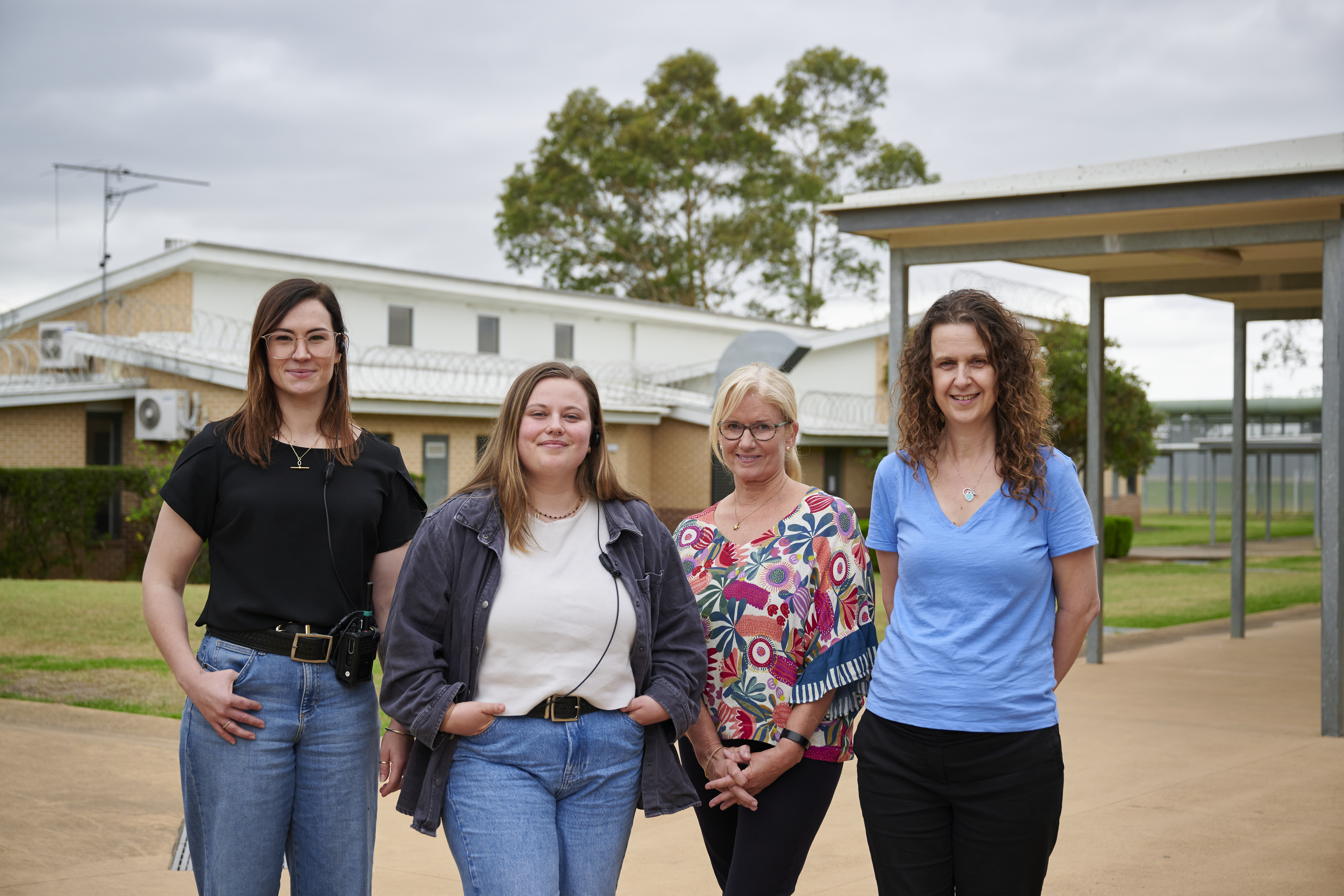Automatic language translation
Our website uses an automatic service to translate our content into different languages. These translations should be used as a guide only. See our Accessibility page for further information.
Youth Justice Psychologists provide a consultancy service to staff regarding the psychological needs of young people within custodial and community locations, including those who sexually offend.
They undertake comprehensive assessments and provide evidence-based, trauma-informed therapeutic intervention Statewide as required.
"I am very lucky as my role is incredibly unique in the department. I have an amazing manager and supportive team I work alongside. I am provided with lots of opportunities to develop my skills and knowledge in a specialist area. The most fulfilling part of my role is working with vulnerable young people to help the system better understand, support and work with them better to shift their trajectory."
- Sarah, Psychologist, Youth Justice


Last updated: